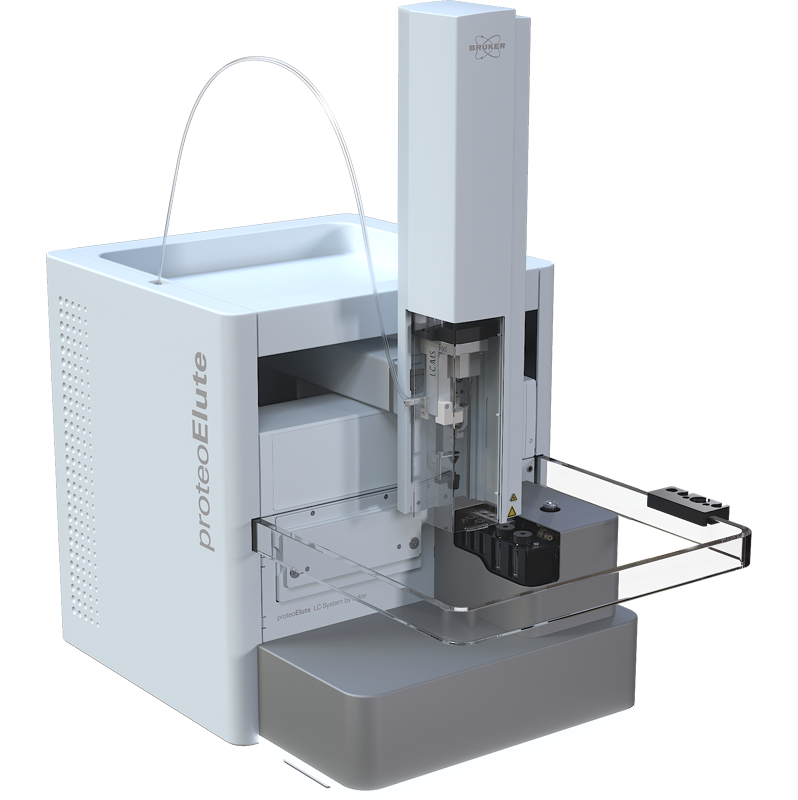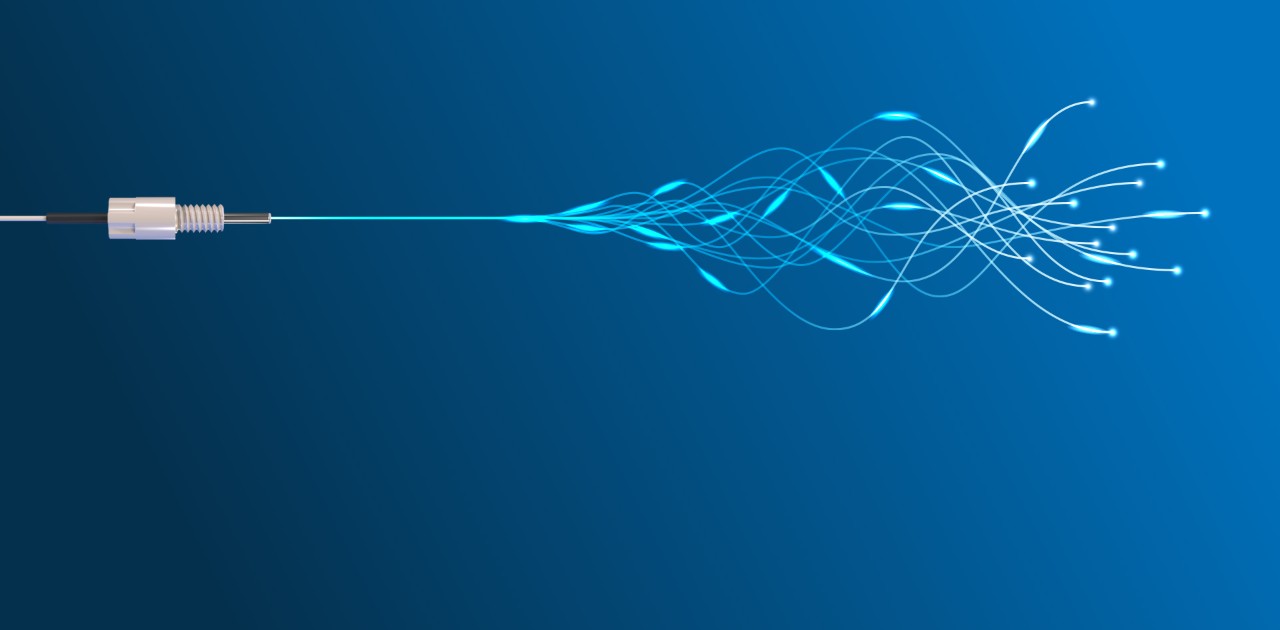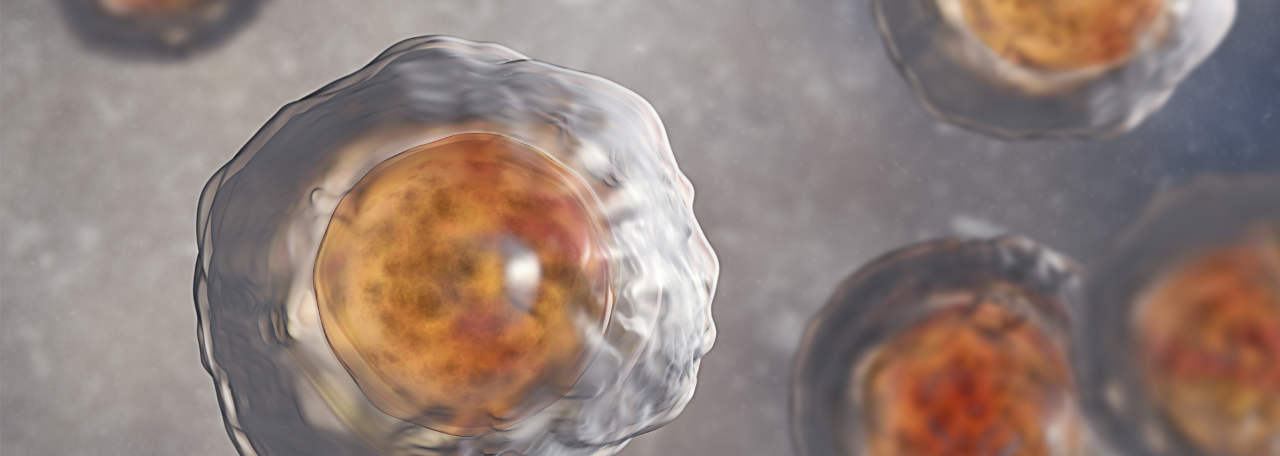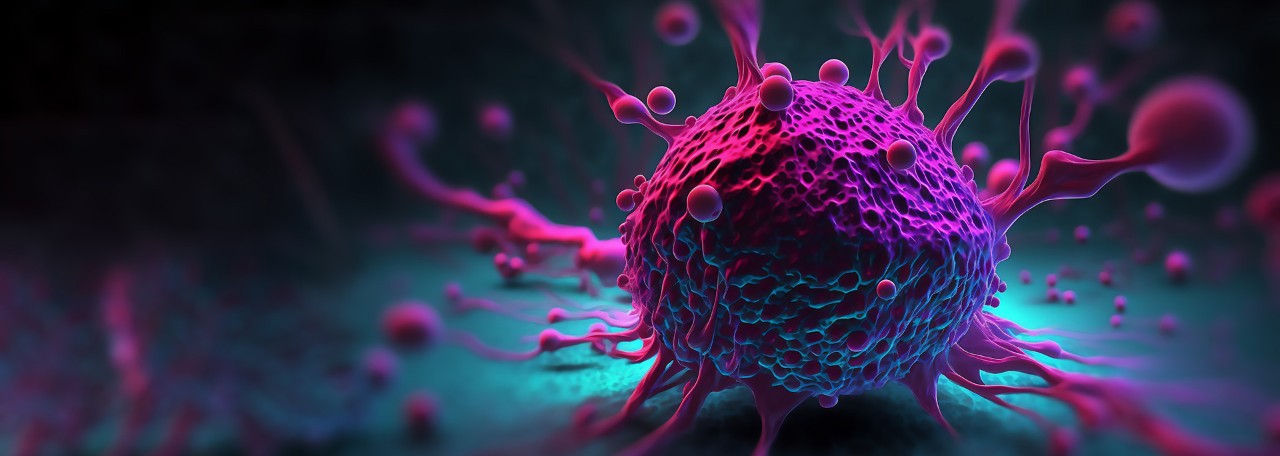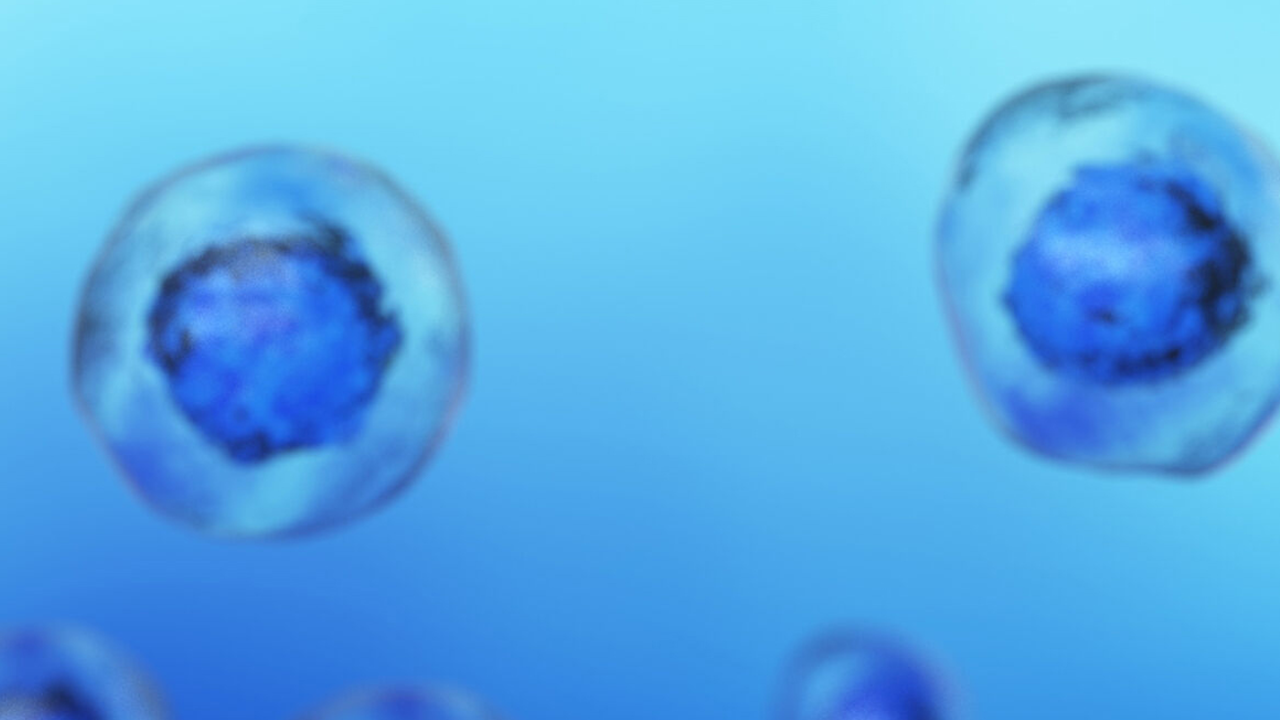proteoElute™
Key Features
Advanced Technology for Proteomics
The proteoElute™ simplifies your workflow by ensuring data integrity, limiting your environmental footprint and seamlessly integrating with your TIMS-enabled mass spectrometers via HyStar. The proven HyStar engine is further optimized to reduce loading and equilibration time, leading to faster injection-to-injection performance.
Key features include:
- TwinScape Technology: Continuous monitoring of key instrument parameters in real-time, monitoring performance and enabling proactive maintenance.
- Ceramic Valves: Developed by IDEX for longevity and maximum robustness
- Reduced Carryover: Innovative injector port and injection needle wash for 3x less sample-to-sample carryover.
- Limit your environmental footprint. Environmentally Friendly Design: Up to 80% reduced solvent consumption per injection path wash cycle and ships in 100% recycled packaging.
Unmatched Robustness and Efficiency
The proteoElute™ optimizes nanoflow workflows for high throughput and ultra-sensitive multiomics experiments. It offers enhanced injection precision through a newly designed wash port and optimized washing routine, minimizing sample-to-sample carryover.
The system ensures reliable results for low input applications such as single-cell proteomics and immunopeptidomics. The innovative piston wash pump and new injection port design significantly reduce hazardous organic waste, achieving up to 80% reduction in solvent consumption.
A trap column not only protects the analytical column and extends its lifetime but also enables on-column enrichment for improved analyte detection. For the proteoElute, Bruker has developed the proteoTrap™, a new trap column in collaboration with GL Sciences.
The carefully selected stationary phase effectively traps hydrophilic and hydrophobic analytes leading to increased sequence coverage and identification rates, even at ultra-low concentrations. Bruker’s new proteoTrap™ column delivers intelligent protection and optimized performance for your low-input proteomics needs.
The proteoElute™: Democratizing Proteomics
The proteoElute™ is designed to deliver peace of mind when analyzing precious samples. It integrates seamlessly with your TIMS-enabled mass spectrometers, optimizing nanoflow workflows for high throughput and ultra-sensitive multiomics experiments.
The system's robustness is achieved through biocompatible ceramic valve technology and strategically integrated porous metal filters across the pressurized solvent lines. The environmentally friendly design helps minimize hazardous waste, making it ideal for sustainable research practices.
For LC systems, Bruker’s TwinScape software tracks key performance indicators such as pressure stability, flow consistency, gradient integrity, and autosampler behavior. As part of routine QC runs, it also displays LC pump pressure readings, helping to identify early signs of blockages, leaks, or flow deviations.
"The proteoElute nano UHPLC system is a robust and reliable chromatography system for analyzing very complex microbial samples. The innovative injection procedures ensure fast and reproducible injection with effective injection path cleaning, thereby reducing carryover and potential false identifications. These features of the proteoElute enabled us to tackle two significant challenges in Metaproteomics, the measurement of hundreds of samples with a low carryover and with quantitative reproducibility, and the analysis of ultra-low amounts of bacterial samples (sub-picogram levels)."
David Gómez-Varela, Ph.D., Director of the Center of Excellence for Metaproteomics, University of Vienna, Vienna, Austria
For Research Use Only. Not for use in clinical diagnostic procedures.
